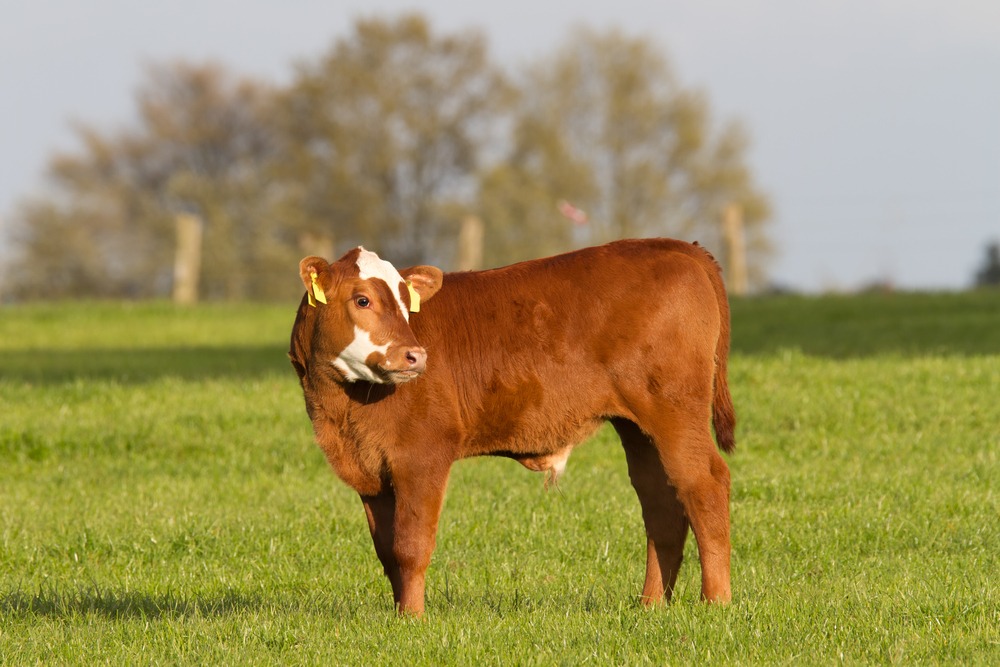UK agri-tech start-up PBD Biotech, developers of the first rapid test for live mycobacteria in livestock, has secured £400,000 in seed funding and its first major strategic investment round, to fund international trials and launch a suite of products.
The funding came from New Anglia Capital, a co-investment fund aimed at stimulating entrepreneurship across the Norfolk and Suffolk regions of the UK, other regional investment groups, and individual angel investors, including farmers and vets.
The company’s development, called Actiphage, is aimed at a group of diseases caused by mycobacteria, including bovine TB which has already resulted in the slaughter of over 30,000 cattle in the UK and cost the British taxpayer more than £100 million to fund compensation payments. Diseases caused by mycobacteria are also having a devastating impact on the agricultural industry worldwide.
Faced with no accurate way to test for the disease, PBD Biotech set up the business just over 12 months ago to develop Actiphage as a ‘rapid, highly sensitive test for bovine TB, Johne’s and other mycobacterial diseases in livestock, wildlife, and exotics.’
According to the company, the test accurately identifies the presence of live bacteria in blood, milk or other tissue in as little as six hours, while also being capable of distinguishing between infected and vaccinated animals.
The product has already secured UK Government approval for use in chronic herd breakdowns, with the company currently conducting a number of field-based trials.
Tom Green, chair of PBD Biotech’s board, and an early private investor in his own right said: “This round of investment is enabling us to accelerate our go-to-market strategy, putting more resources into manufacturing and lab development, as well as extending training capacity and conducting further trials work.”
Green, who is a former CEO of major EU agribusiness Spearhead International, further explained that with the first challenge in disease management being the diagnosis, there is a huge need for improved accuracy in the current testing regime.
“The ability to confidently eliminate false negatives, namely diseased animals which go undetected, is fundamental to both the maintenance of disease-free herd status, as well as to the proactive control, management, and reduction of disease in infected herds.”
The company has already completed controlled trials, which they say have demonstrated the effectiveness of Actiphage; specifically highlighting its use by a Devon vet as part of a private TB eradication strategy to help clear a dairy herd of bovine TB for the first time in six years.
Building on the UK Government’s acceptance in May this year of the product for exceptional private use on TB-stricken cattle herds in England, the company has begun international trials in Canada and France, with discussions underway for further trials in multiple regions, including the USA, Dubai and South America.
Also as a result of the first funding round, PBD Biotech has established a Canadian subsidiary for distribution and, in the longer term, manufacturing activities.
“Seed funding of this kind is vital for businesses to take innovative new ideas and turn them into something tangible,” said Chris Starkie CEO of New Anglia Local Enterprise Partnership (LEP) which manages the co-investment fund.
Launched in 2014, New Anglia Capital has now invested almost £2 million in 13 businesses in the East of England.





